The massacre at a Kabul mosque last week highlighted the vulnerability of the country's Shia minority, increasingly the target of the militant Islamic State (IS) group that is trying to stir up sectarian violence.
Victims of last Friday's suicide blast inside the Imam Zaman prayer hall told AFP they saw the bomber but no sign of security checks, despite the government's promise to beef up protection of Shia mosques.
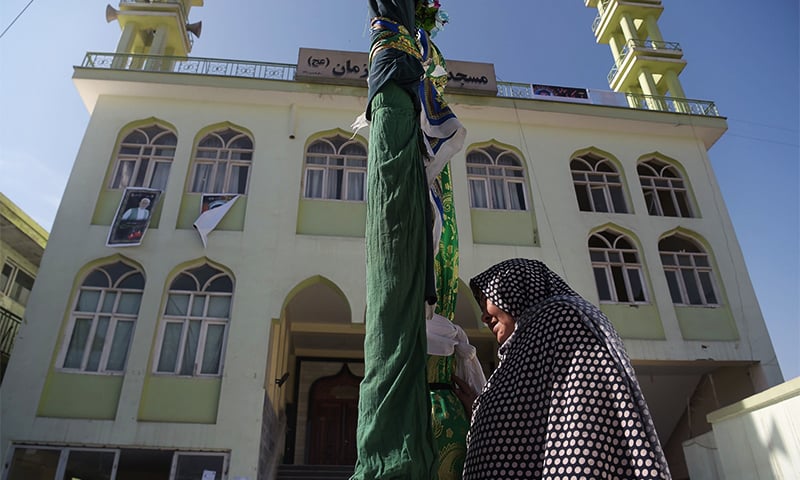
Dozens of men, women and children died in the explosion, just the latest in a series of attacks that have killed more than 200 members of the Shia community in the past year.
“There were no body checks that day,” Ali Gul told AFP at his home in a predominantly Shia neighbourhood of the Afghan capital, where he is recovering from shrapnel wounds and burns.
“There was tight security during Muharram but afterwards there was no checking.”
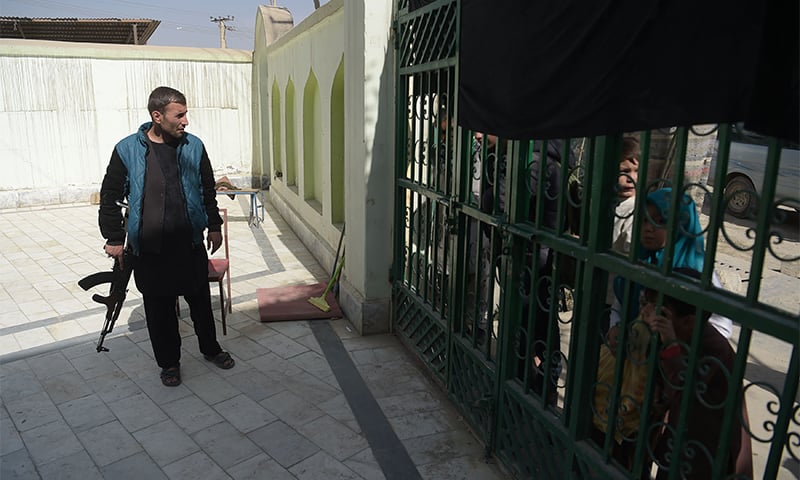
Afghanistan has largely escaped the sectarian violence that has ripped apart other Muslim countries such as Iraq and Syria, but IS attacks have been increasing in the past year and experts worry the Shia community might retaliate.
The community, who number around 3 million in Afghanistan, have for months been calling for more protection for their religious sites in Kabul and across the country, where civilians and security forces are taking huge casualties as authorities struggle to beat back insurgents.
In September, ahead of Muharram the government announced a plan to arm more than 400 civilians to help defend Shia mosques.
But the deadly attacks continued.
“It is 100 per cent the government's fault for failing to protect us,” said Haji Ramazan Ali, who suffered shrapnel wounds to his face and shoulder in last Friday's attack.
Rasoul Haidari, a shopkeeper, said: “To hell with the government, they don't care about us.”
Shia MP Mohammad Akbari said security at mosques may have slackened after Ashura, which has become a major target in recent years, and the latest attack should serve as a “wake-up call” for everyone.
'Explicitly sectarian'
The Taliban greatly outnumber the IS in Afghanistan. But despite its relatively small presence, the militant group has been able to carry out devastating attacks against members of the Shia community across the country.
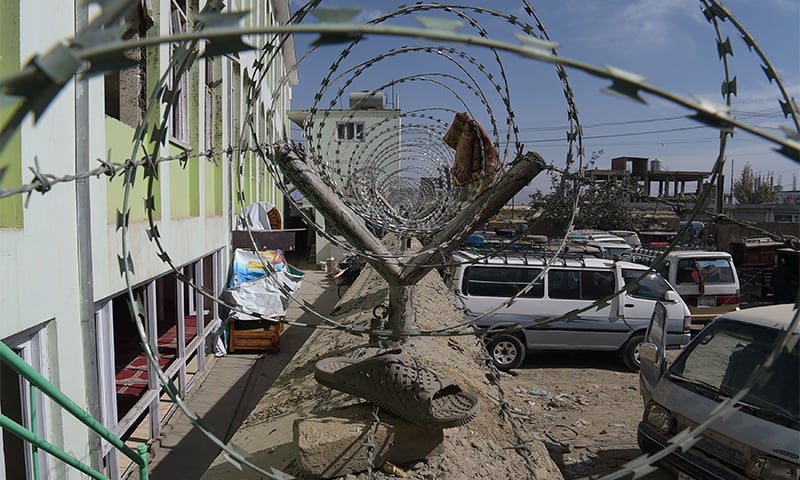
Ibrahim, a community elder in the same neighbourhood as the Imam Zaman mosque, said the militants were trying “to create discord between Sunnis and Shias but they will not succeed”.
“Afghanistan has largely been spared from the sectarian violence that convulsed it in earlier decades but ISIS is trying to tear those sectarian divides back open,” said analyst Michael Kugelman of the Wilson Center in Washington, using a common abbreviation for the group.
It would be a tragic development in a country that has suffered through Soviet occupation, civil war and now the Taliban's 16-year insurgency.
Ordinary Afghans have paid a heavy price in the current conflict, with United Nations data showing 8,019 civilian casualties in the first nine months of this year, with militants responsible for more than 60pc of the civilian deaths and injuries.
“I think we are far from that point (of sectarian violence) but that is the game IS is playing. They are trying to differentiate themselves from the Taliban by being far more explicitly sectarian,” said Vanda Felbab-Brown, senior fellow at the Brookings Institution.
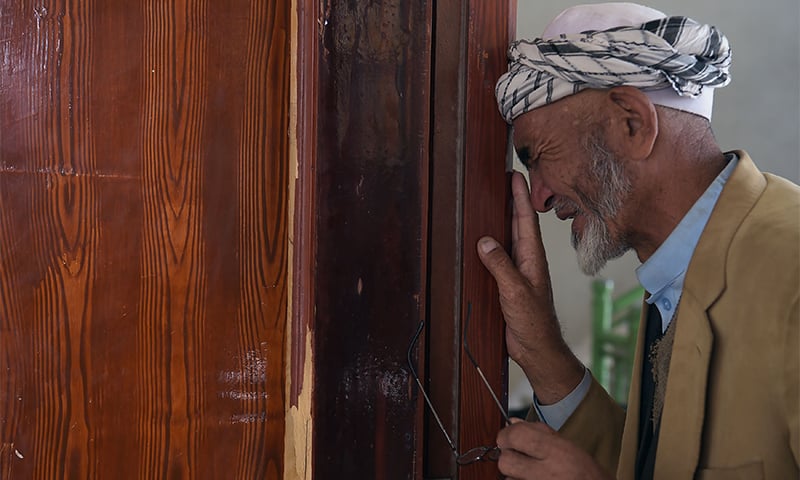
Repeated deadly attacks on Shia mosques underscore the impotence of Afghanistan's security forces, demoralised by desertions, killings and corruption, as they try to get the upper hand against the Taliban and IS, and protect civilians.
The government's poor intelligence capability exacerbates the problem.
“Improvements on that front could go a long way toward bringing a measure of relief to vulnerable Afghan civilians,” Kugelman said.
IS has proved resilient despite Afghan and US forces stepping up attacks on their stronghold in the eastern province of Nangarhar.
In April, the US military dropped the so-called 'Mother Of All Bombs' on IS hideouts in a complex of tunnels and bunkers in province, killing over 90 militants.
Since US President Donald Trump's renewed commitment to America's longest war in August, the US has ramped up aerial bombardments on insurgents, dropping 751 bombs and missiles in September, the most since October 2010.
But the attacks continue ─ though observers such as Kate Clark, a senior analyst at the Afghanistan Analysts Network, believe Afghans will continue to resist IS efforts to spark sectarian violence.
“In Afghanistan most areas have been through really nasty communal violence,” Clark told AFP.
“People have got very strong personal memories of just how nasty that gets and how everyone suffers.”
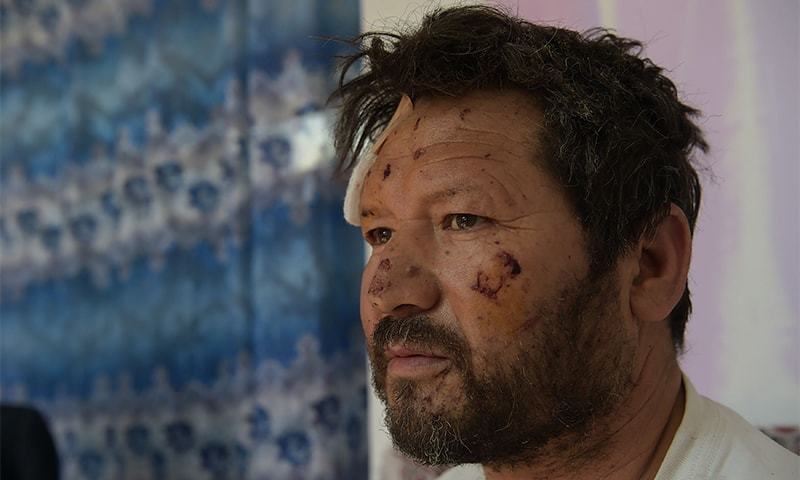
Comments
Post a Comment